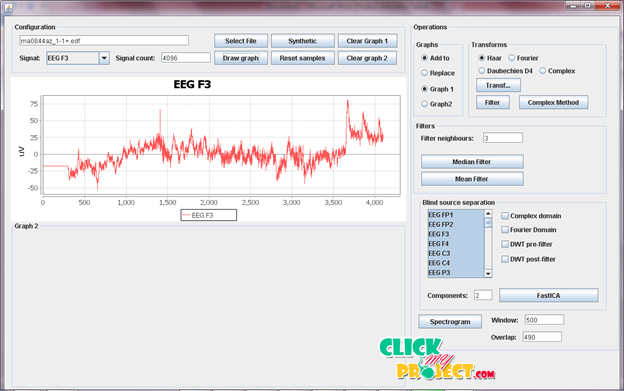A new ECG beat clustering method based on kernelized fuzzy c-means and hybrid ant colony optimization for continuous domains
Rs2,500.00
10000 in stock
SupportDescription
The kernelized fuzzy c-means algorithm uses kernel methods to improve the clustering performance of the well known fuzzy c-means algorithm by mapping a given dataset into a higher dimensional space non-linearly. Thus, the newly obtained dataset is more likely to be linearly seprable. However, to further improve the clustering performance, an optimization method is required to overcome the drawbacks of the traditional algorithms such as, sensitivity to initialization, trapping into local minima and lack of prior knowledge for optimum paramaters of the kernel functions. In this paper, to overcome these drawbacks, a new clustering method based on kernelized fuzzy c-means algorithm and a recently proposed ant based optimization algorithm, hybrid ant colony optimization for continuous domains, is proposed. The proposed method is applied to a dataset which is obtained from MIT–BIH arrhythmia database. The dataset consists of six types of ECG beats including, Normal Beat (N), Premature Ventricular Contraction (PVC), Fusion of Ventricular and Normal Beat (F), Artrial Premature Beat (A), Right Bundle Branch Block Beat (R) and Fusion of Paced and Normal Beat (f). Four time domain features are extracted for each beat type and training and test sets are formed. After several experiments it is observed that the proposed method outperforms the traditional fuzzy c-means and kernelized fuzzy c-means algorithms.
Only logged in customers who have purchased this product may leave a review.






Reviews
There are no reviews yet.